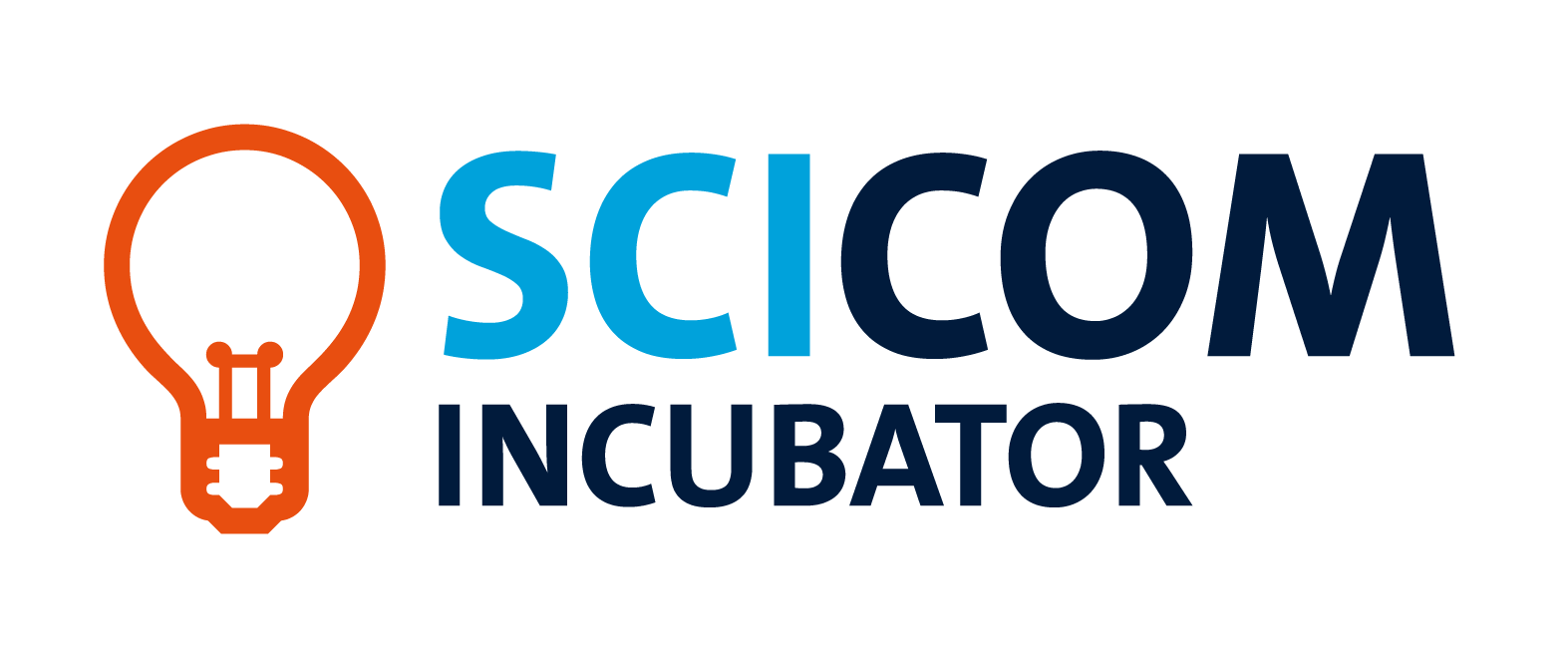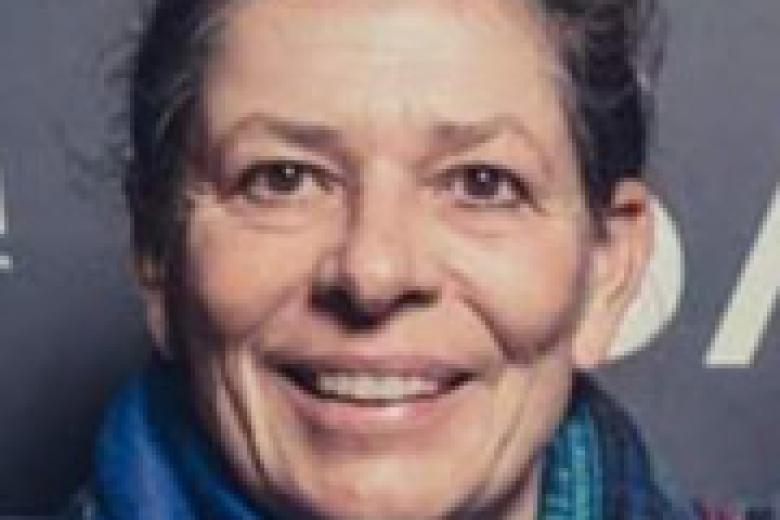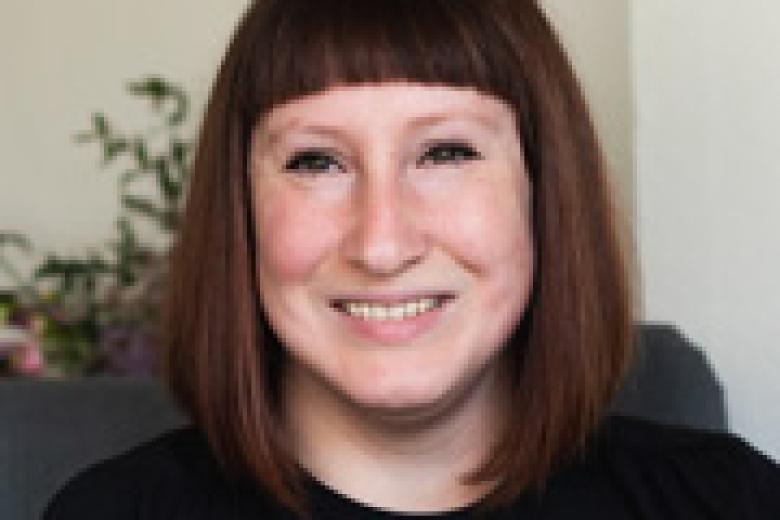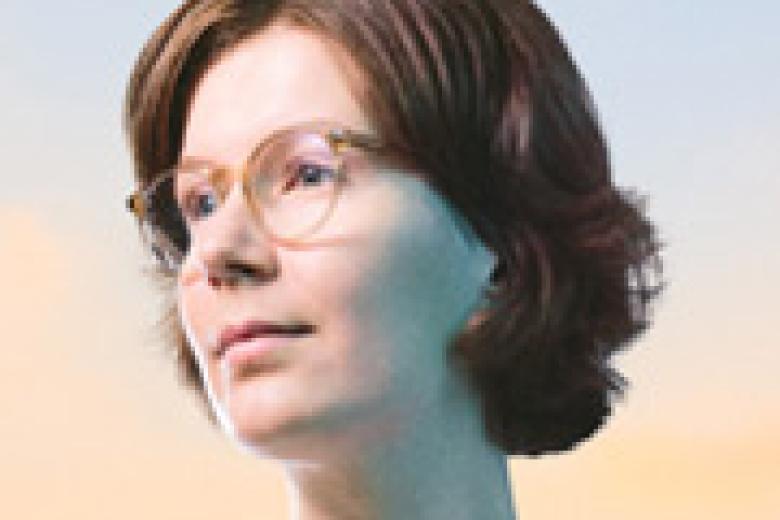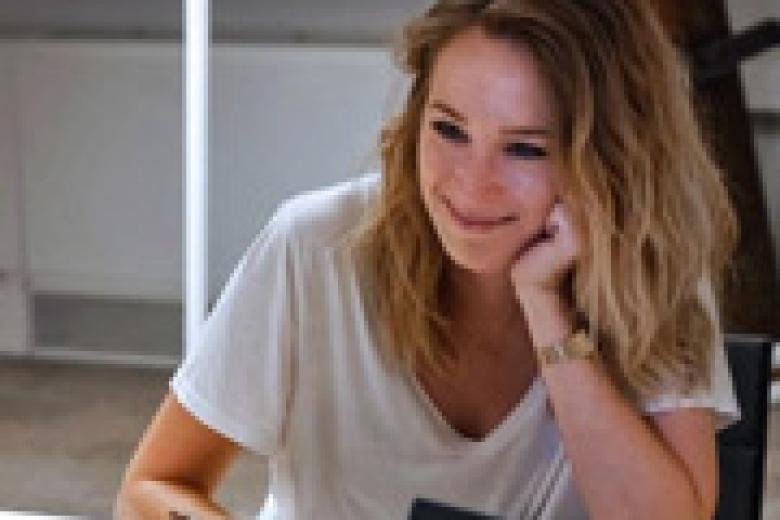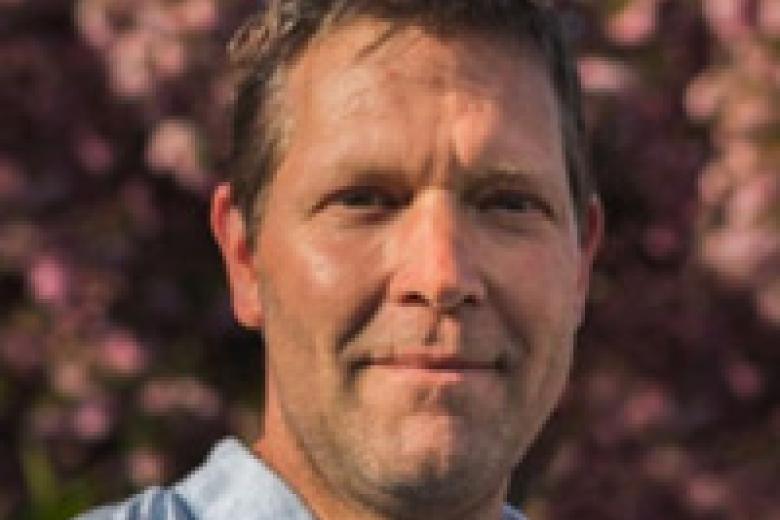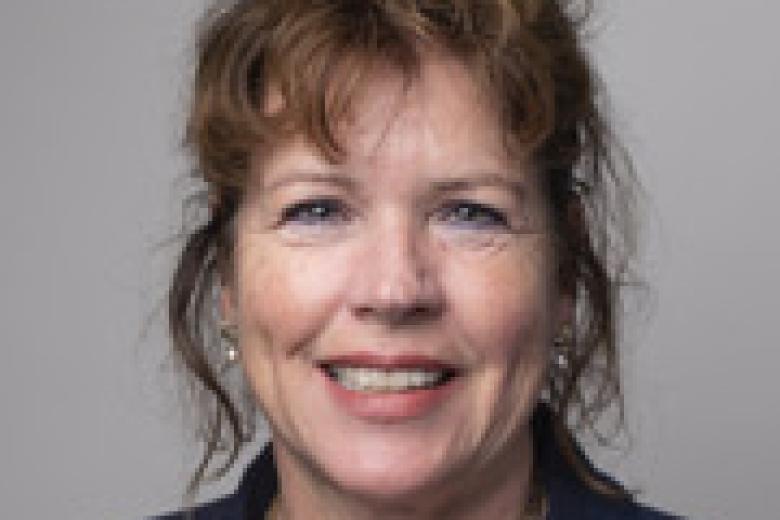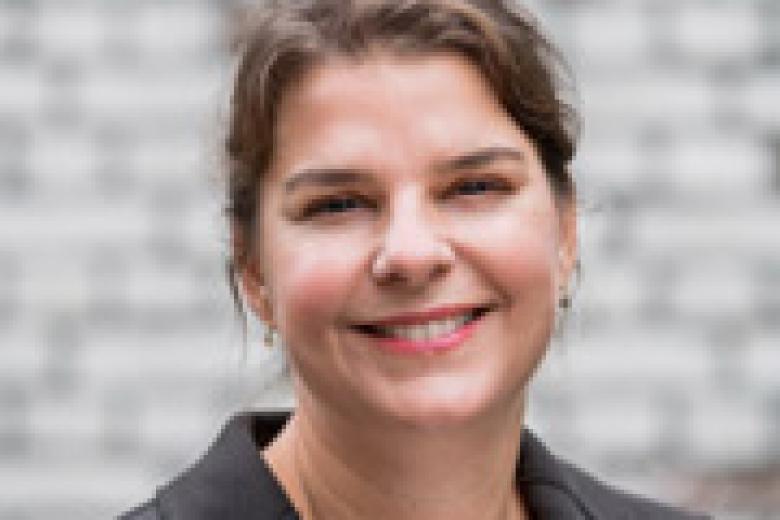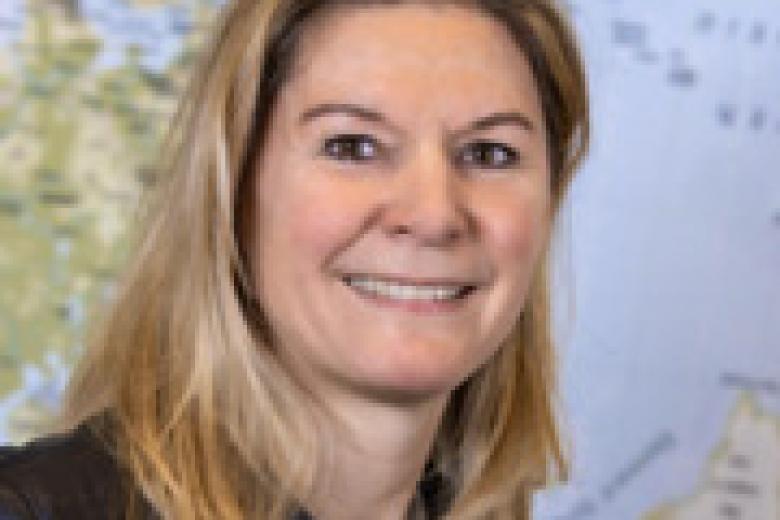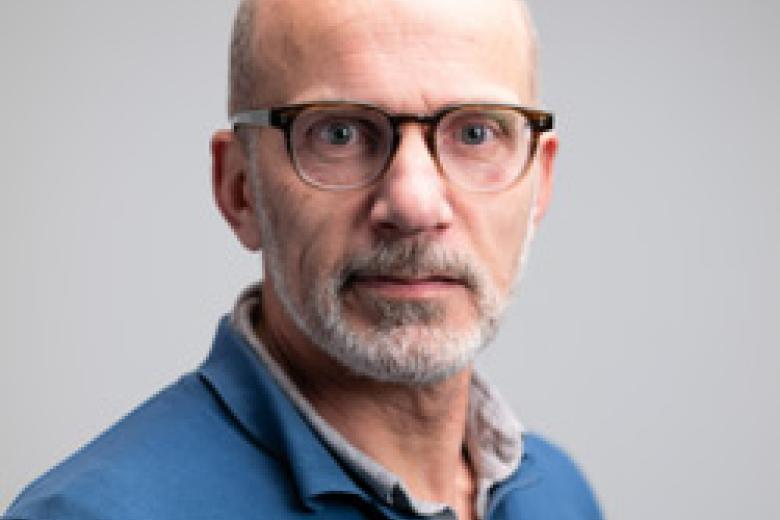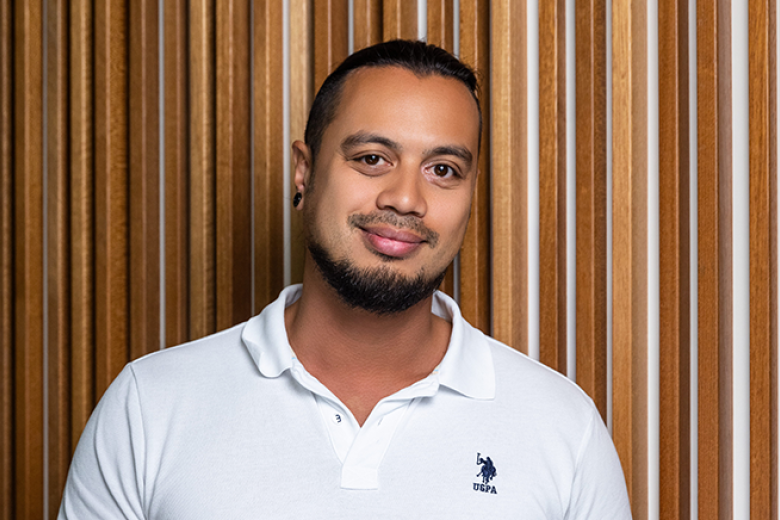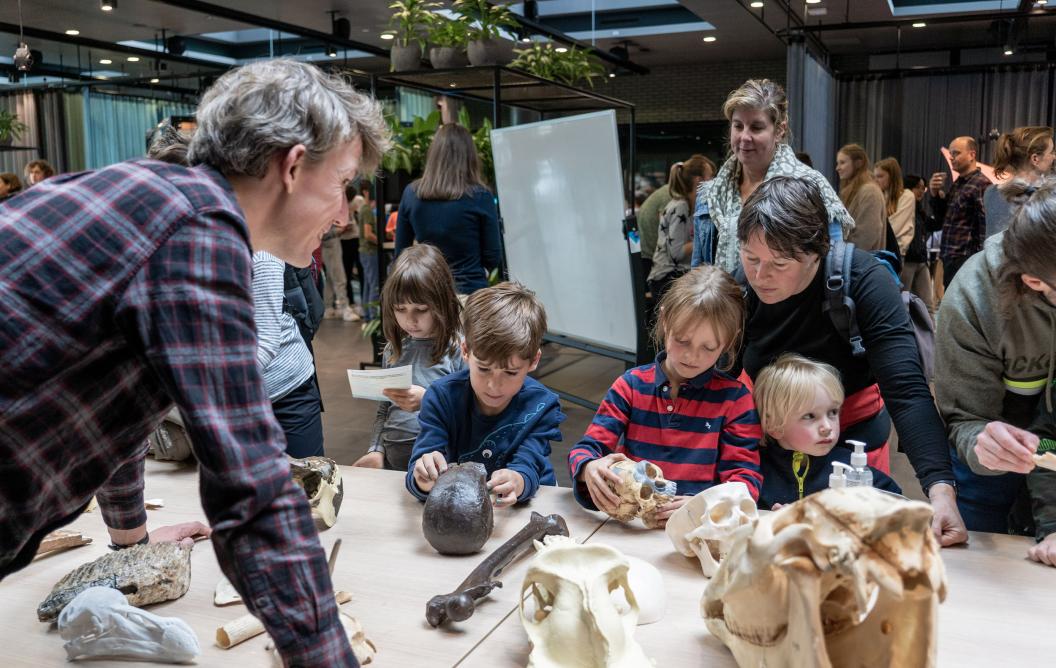Science Communication Incubator
Do you want to develop your professional skills in the field of science communication? Good news: the Faculty of Science and Engineering is launching a training and support programme for academic staff.
The Incubator is a one-year programme that covers the complete professional science communication cycle and includes project funding for participants. Throughout the programme, you receive tailored advice and support from UM communications professionals.
As an Incubator graduate, you pay it forward by helping out close colleagues with questions related to science communication. It's all about team science!
The Science Communication Incubator programme is part of the FSE Connection Lab
What you will get?
Have you ever wondered about how you interact with people outside of your research field? If the communications paragraph you wrote for your grant application holds up? How you can learn more about science communication, or whether you can create a role for yourself in this field? Then the Incubator is for you!
The Incubator is a one-year programme that takes you through an entire project development cycle. You will learn how to create a strategic communications plan geared towards a non-scientific audience, how to implement and evaluate it, and where to find relevant professional networks and tools. In order to get there, FSE provides you with three essential ingredients.
Key features
Strategic training
At the start of your Incubator year, you follow three masterclasses about the strategic and theoretical aspects of science communication.
These masterclasses set you up with relevant tools, networks and theoretical frameworks to make the most out of your projects. Starting from a goal and intended target audience, the masterclasses guide you towards a strategic project plan for the rest of the Incubator.

Seed funding
Participation in the Incubator comes with €5000 seed funding for each participant (or team of participants). Spend it on project materials or on support.
The faculty provides €4000 and your department contributes the remaining €1000. You have one year to spend this funding on realizing the science communication project or product that you designed during the masterclasses. The masterclass trainer remains available to help you refine your strategy as you go.

One-on-one skills mentoring
We will hook you up with a personal mentor who has expertise and a network in a field relevant to your specific Incubator project.
During the masterclasses, you settle on a suitable project or product to work on. This can be a website, an event, an art project or something else entirely. From that point on, a personal mentor will step in to provide coaching, advice, and access to their professional network.

Meet some of our mentors
Your personal mentor is someone who works at UM and who is skilled in a communications field related to the project you are developing. While the list below isn't complete, it gives you a good impression of the types of expertise (and enthusiastic colleagues) we're working with for the Incubator.
What we ask from you - and why
FSE supports team science: science as a group effort, in which every team member contributes their own skills and expertise towards a common goal. Science communication is a valuable part of our faculty’s activities and of research in general, and therefore it has a place in team science too.
FSE wants to give researchers the opportunity to further develop themselves in this area. In the spirit of team science and academic citizenship, we’d like you to help others with your newfound knowledge as well.
Ambassadorship
With the Incubator, we want to foster a pool of experts who can help direct colleagues with minor questions related to science communication. Who should they talk to for more information? Do you know of any resources available? And can you give some feedback on the dissemination strategy in the latest grant proposal?
In order to fulfill such a role within your unit, it’s important to get the conversation going about your interest in science communication. This is why we ask you to talk to your department chair about endorsing your application for the Incubator. You can find details about this endorsement on the FSE intranet.
Science communication is an important way of extending the impact of our faculty's research. Many FSE colleagues already do great things in this area. We value this contribution, and we feel that we all benefit from providing resources and training.
Ralf Peeters, FSE vice-dean and research portfolio holder
Who can participate?
Participation is open to academic staff members with a (partial) appointment at FSE. PhD students can participate as part of a group with at least one more senior staff member. In all other cases, it is possible to participate either individually or as a group of max 4 FSE colleagues. To participate, you also need an endorsement. Read more about applying
Suitable for all levels
Due to the tailored nature of Incubator, you are welcome to apply no matter your current experience or knowledge level.
Lottery-based selection
In 2025, we have space for 5 researchers (or groups of researchers) in the Incubator. A lottery determines who gets to participate. The lottery is set up in such a way that it selects applications from as many different FSE units as possible.
Practical information
Full information about the Incubator is available via the FSE intranet. Below, you can find the most important details.
Important dates and deadlines
The deadline for applications is 14 November 2025 (with a pre-submission deadline on 5 November). The Incubator runs between December 2025 and December 2026, with masterclasses - the only fixed element of the programme - taking place in December/January.
How to apply
To apply for the Incubator, we ask you to think of a working goal and target audience, that you submit via an online application form. It's also important to talk to your department chair about applying. You can find the link to the application form on the intranet.
Additional information on the intranet
On the FSE intranet, you can find more information about the following topics:
Application and procedure
Unit endorsement
Ambassadorship
Incubator timeline
Seed fund do's and don'ts
Frequently asked questions
Contact and questions
You can contact us via fse-outreach@maastrichtuniversity.nl.
